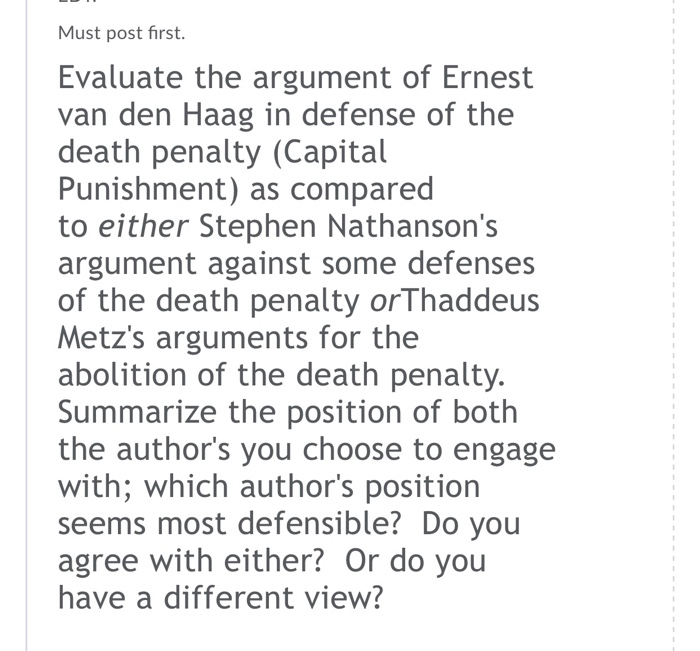Punishment is a common form of social control that is used to deter individuals from engaging in undesirable behavior. While punishment can be an effective way to modify behavior in the short term, there are several arguments against its use that deserve consideration.
One argument against punishment is that it can be harsh and inhumane. Some forms of punishment, such as physical punishment or solitary confinement, can be severe and have negative physical and psychological effects on the individual being punished. These methods of punishment may be especially harmful for vulnerable populations, such as children or individuals with mental health issues. In addition, punishment can often be arbitrary, with different people receiving different punishments for similar offenses. This can lead to feelings of unfairness and injustice, which can further damage relationships between individuals and within society as a whole.
Another argument against punishment is that it may not be the most effective way to modify behavior. While punishment can be effective in the short term, it may not address the root causes of the undesirable behavior and may not provide the individual with the skills and resources they need to change their behavior in the long term. Research has shown that positive reinforcement, such as rewards and praise, can be more effective at modifying behavior than punishment. In addition, punishment can sometimes have unintended consequences, such as increasing aggression or resentment, which can lead to further problematic behavior.
A third argument against punishment is that it can perpetuate cycles of violence and aggression. Punishment often involves the use of force or coercion, which can lead to resentment and a desire for retribution. This can create a cycle of violence, in which one person punishes another, who then seeks revenge, leading to further punishment. This cycle can be especially harmful in situations where there is already a power imbalance, such as between a parent and child or between a government and its citizens.
In conclusion, while punishment can be an effective way to modify behavior in the short term, it is not without its drawbacks. Harsh and inhumane punishment can have negative physical and psychological effects, it may not address the root causes of problematic behavior, and it can perpetuate cycles of violence and aggression. Alternative approaches, such as positive reinforcement and addressing the root causes of undesirable behavior, may be more effective at promoting long-term behavioral change.






